-
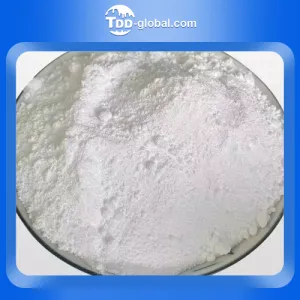 PVC zhongtai SG5
PVC zhongtai SG5 -
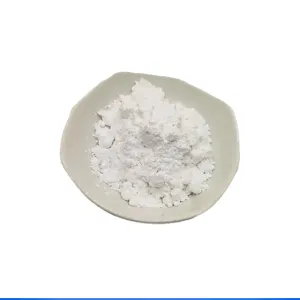 Ultrafine Heavy Active Calcium Carbonate 2500 Mesh
Ultrafine Heavy Active Calcium Carbonate 2500 Mesh -
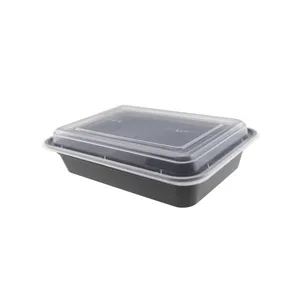 RY-NL-28-1
RY-NL-28-1 -
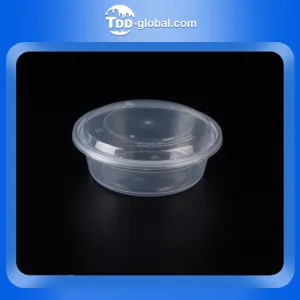 Freezable 450ml 700ml 900ml Clear Black Rectangular Disposable PP Food Box, Microwaveable lunch storage container
Freezable 450ml 700ml 900ml Clear Black Rectangular Disposable PP Food Box, Microwaveable lunch storage container -
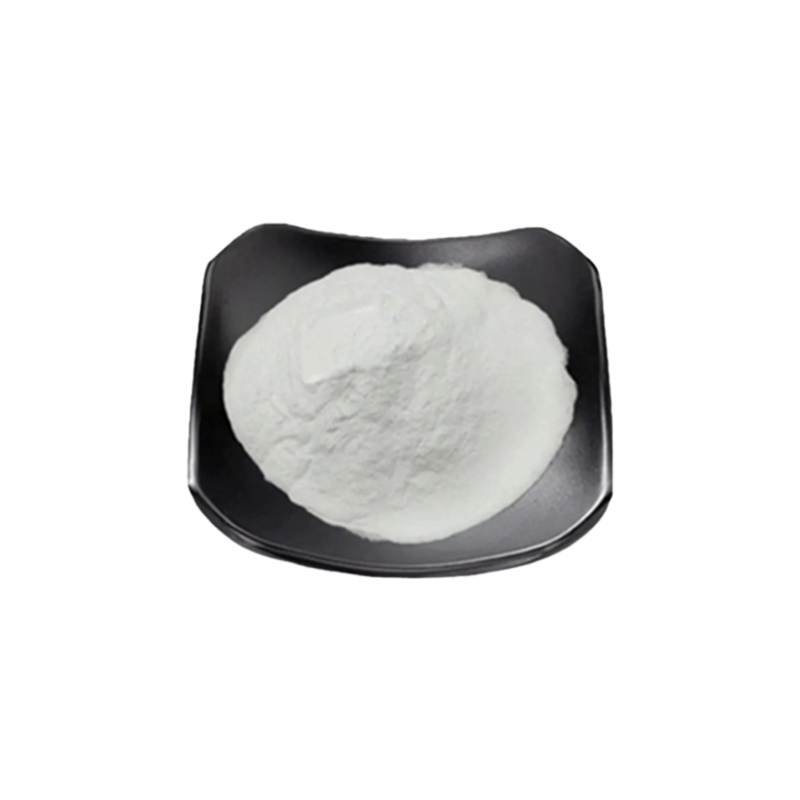 Xinda Talcum Powder SD-8042 for Plastic
Xinda Talcum Powder SD-8042 for Plastic -
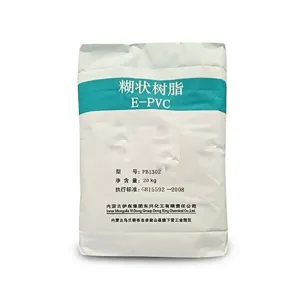 PVC Resin Paste Grade PB1302 K70-72
PVC Resin Paste Grade PB1302 K70-72 -
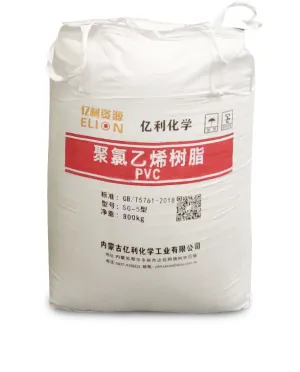 PVC Resin SG-5 K66-68 Pipe Grade
PVC Resin SG-5 K66-68 Pipe Grade
Q
what are american made vehicles
Bridging the gap between industrial knowledge and curious minds in a digital world.
No, cellphones should not be banned completely from vehicles. They serve a lot of vital functions such as providing navigation, allowing hands-free communication, streaming music, and letting drivers call for help in case of emergencies.
However, the use of cellphones while driving should be regulated. Activities like texting, calling without a hands-free device, browsing the internet, or any other distracting tasks that require complete focus should be strictly banned while driving. It is important to promote safe and responsible use of cellphones in vehicles to prevent accidents.
However, the use of cellphones while driving should be regulated. Activities like texting, calling without a hands-free device, browsing the internet, or any other distracting tasks that require complete focus should be strictly banned while driving. It is important to promote safe and responsible use of cellphones in vehicles to prevent accidents.
You May Like
Polypropylene is a type of plastic commonly used in containers, packaging, and textiles, and is identified by the recycling number 5. It is not compostable in the traditional sense. Composting, a process that breaks down organic waste into nutrient-rich soil, cannot break down polypropylene since it is a synthetic polymer designed for durability and resistance to various degrading factors like chemicals, heat, and physical stress. Biodegradation of polypropylene in natural environments can take hundreds of years, and even then, it breaks down into microplastics rather than organic soil nutrients. For sustainable disposal, recycling is the preferred method, although not all facilities accept number 5 plastics. It's important to check local recycling guidelines to ensure proper disposal and reduce environmental impact.
Beans are a potent source of insoluble fiber, a type of dietary fiber that does not dissolve in water. Insoluble fiber aids in digestive health by adding bulk to the stool and facilitating its passage through the gut, thereby preventing constipation and maintaining bowel health. Beans, being legumes, not only contribute significantly to daily fiber intake but also provide a range of nutrients including protein, vitamins, and minerals. Different types of beans have varying amounts of insoluble fiber, but generally, they are considered one of the best plant-based sources. Incorporating beans into the diet can support digestive health, promote satiety, and potentially reduce the risk of certain diseases, such as colorectal cancer, by enhancing gut function. It’s advisable to introduce beans gradually into your diet to allow your digestive system to adjust to the increased fiber intake and to prevent any potential gastrointestinal discomfort.
Titanium dioxide (TiO2) is a hydrophilic material, meaning it has a high affinity for water. This characteristic makes it excellent for various applications, such as self-cleaning surfaces and antimicrobial coatings. Its hydrophilicity enables it to absorb water vapor from the environment and, under UV light, create hydroxyl radicals that can break down organic compounds, resulting in a self-cleaning effect. In terms of antimicrobial coatings, its hydrophilic surface is less likely to allow bacterial adhesion, thus reducing bacterial growth. However, various methods such as doping and surface modifications can change its hydrophilicity, adapting it for specific purposes.
You May Like
Q&A
- •how to flame treat polypropylene
- •what is waste yarn
- •how to connect pvc to metal faucet
- •what does pvc stand for in pvc pipe
- •how to use stud finder zircon
Popular Information












